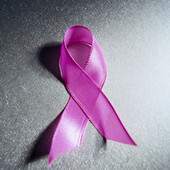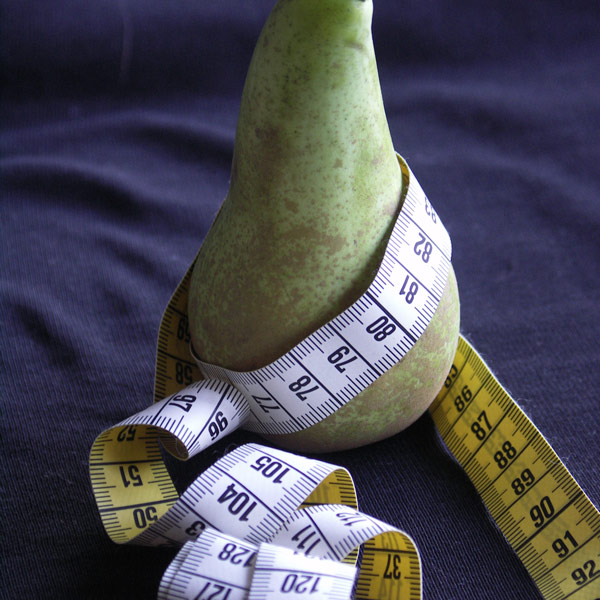
THURSDAY, Dec. 10 (HealthDay News) — Overeating and drinking even moderate amounts of alcohol may be bad news for women with breast cancer, new research suggests.
Drinking alcohol is already known to boost breast cancer risk, and a new study finds even moderate drinking may increase the odds of breast cancer recurrence. Another study confirms that overweight or obese women with breast cancer have a worse prognosis over time than thinner patients.
In the alcohol study, women who drank six grams or more of alcohol a day — about half a drink — had a 34 percent increased risk of recurrence compared to those who drank less, said Marilyn Kwan, staff scientist in the division of research at Kaiser Permanente, Oakland, Calif. She is scheduled to present her findings Thursday at the San Antonio Breast Cancer Symposium.
“Women who drank less than six grams a day had no increased risk of recurrence,” Kwan said.
Kwan evaluated data from 1,897 early-stage breast cancer survivors who were diagnosed between 1997 and 2000. They all submitted information on alcohol consumption.
After eight years of follow-up, the researchers found 349 breast cancer recurrences and 332 deaths. For the study, they defined recurrence as including a new cancer in the opposite breast. When they took out the 32 of the 349 recurrences that occurred in the opposite breast, they found the risk slightly lower — 31 percent, compared to 34 percent, with that finding not reaching statistical significance.
Susan Gapstur, vice president for epidemiology for the American Cancer Society, took issue with the definition of recurrence used for the study.
“With the inclusion of women who experience a new contralateral [opposite breast] cancer, the results of the study do not provide a clear picture of the risk of breast cancer recurrence associated with alcohol consumption,” she said. “Therefore, more research studies are needed with larger numbers of women who experience a recurrence — omitting those who have a new cancer in the opposite breast — to better clarify how strong the association is.”
In the obesity study, also scheduled for presentation Thursday at the symposium, Danish researchers looked at the effect of body-mass index (BMI) on the outcomes of breast cancer patients.
From a database of nearly 54,000 women, they had information on BMI for 35 percent of the women, or nearly 19,000 patients.
Breast cancer patients with a higher than normal BMI — more than 25 — had a higher risk of death from breast cancer than leaner patients, they found. Cancers were likely to be detected later in the heavier women, and positive treatment effects were shorter among that group of women as well.
Within the first 10 years of follow-up, which spanned 30 years for some, chemo and hormone treatments were equally effective for lean and obese women. But after a decade, the treatments were less effective in the obese women.
Gapstur, who reviewed the study, said the women diagnosed longer ago may have gotten different treatments, which could have affected the results.
“The overall take-home message of this research is that obesity contributes to a poorer overall survival, which is consistent with research published previously,” she said.
As for what to do about alcohol consumption, Kwan agreed more study is needed to better define the link between alcohol consumption and recurrence risk. Meanwhile, what should breast cancer survivors do? “I would say that I think they should, given the results of our study, consider possibly minimizing their consumption of alcohol.”
More information
To learn more about breast cancer, visit the American Cancer Society.

